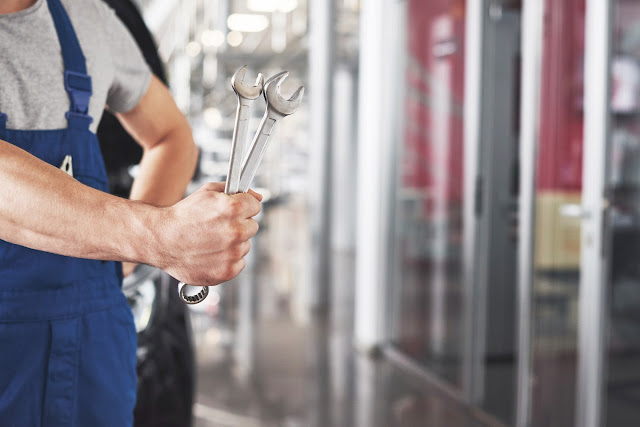Corded vs. Cordless Tools: Which is Better for Stone Fabrication?
When it comes to stone fabrication, the tools you use are just as critical as the materials you select. Whether you’re cutting granite, coring quartz, or polishing marble, the right equipment determines your precision, safety, and efficiency. One of the biggest debates in any fabrication shop? Corded vs. cordless tools.
Let’s cut through the noise and get to the stone-solid truth.
1. Power and Performance: The Advantage of Corded Tools
Corded tools have long been the gold standard for high-performance tasks. Why? Because they provide uninterrupted, consistent power. This is especially crucial when using heavy-duty Cutting Tools & Blades in Dallas, where torque and speed are non-negotiable.
Why Fabricators Prefer Corded:
- No battery downtime or power fade
- Higher torque for deep or dense cuts
- Ideal for extended polishing sessions
However, they come with a trade-off: mobility. You’re limited by the cord length and outlet availability, which may not suit every job site or layout.
2. Flexibility and Freedom: Cordless on the Rise
Cordless tools have made major strides in the past few years. Thanks to better battery technology and brushless motors, many cordless models can now compete with corded options in terms of output.
When Cordless Shines:
- Remote job sites or hard-to-reach areas
- Quick tasks that don’t justify cord setup
- Reduced tripping hazards on cluttered floors
Tasks like using Coring Tools & Accessories Near You often benefit from the maneuverability of cordless units. When working in tight spaces, the cordless freedom is invaluable.
3. Maintenance and Lifespan: Which Lasts Longer?
Corded tools tend to last longer due to simpler mechanical designs and no reliance on batteries. Cordless tools, while convenient, require frequent battery maintenance and eventual replacement.
Things to Consider:
- Replacement batteries can be costly
- Corded motors tend to run cooler during long sessions
- Cordless gear needs charging stations, adding to setup
Whether you’re shopping for Polishing Pads & Sandpaper in Dallas or planning a full-tool upgrade, consider your long-term usage needs.
4. Safety and Workflow Efficiency
Each type of tool has its own safety profile. Corded tools can pose tripping risks, especially when combined with material handling equipment in Dallas. On the flip side, cordless tools eliminate cords but require battery awareness.
Safety Breakdown:
- Corded: Risk of tangled cords, electrical hazards
- Cordless: Risk of mid-task battery failure, less torque control
To reduce fatigue and improve flow, many shops now adopt a hybrid model: corded for heavy-duty stations and cordless for finishing work.
5. Precision Tasks and Specialty Applications
Using tools like a black wax bar for final polish or edge finishing requires precision. Cordless tools offer better control in such moments, especially for handheld work on curved surfaces or delicate edges.
Still, if consistency is your top concern, corded polishers ensure you get even RPMs across long sessions, perfect for deep buffing or long seams.
Final Verdict: It Depends on Your Workflow
There’s no one-size-fits-all answer. The best tool is the one that aligns with your job demands, shop layout, and project scale.
Choose Corded If You:
- Need maximum power for cutting or grinding
- Run high-output tools all day long
- Prefer durability over mobility
Choose Cordless If You:
- Work in varied locations or tight spaces
- Prioritize speed and setup flexibility
- Handle multiple smaller polishing or drilling tasks
Pro Tip: Use both. Many pros maintain a mixed toolkit: corded for the bench, cordless for installs.
Ready to upgrade your setup? Start by sourcing from trusted local suppliers specializing in Cutting Tools & Blades in Dallas, Coring Tools & Accessories Near You, or Polishing Pads & Sandpaper in Dallas. Don’t forget to check for durable material handling equipment in Dallas to round out your workflow.




Comments
Post a Comment